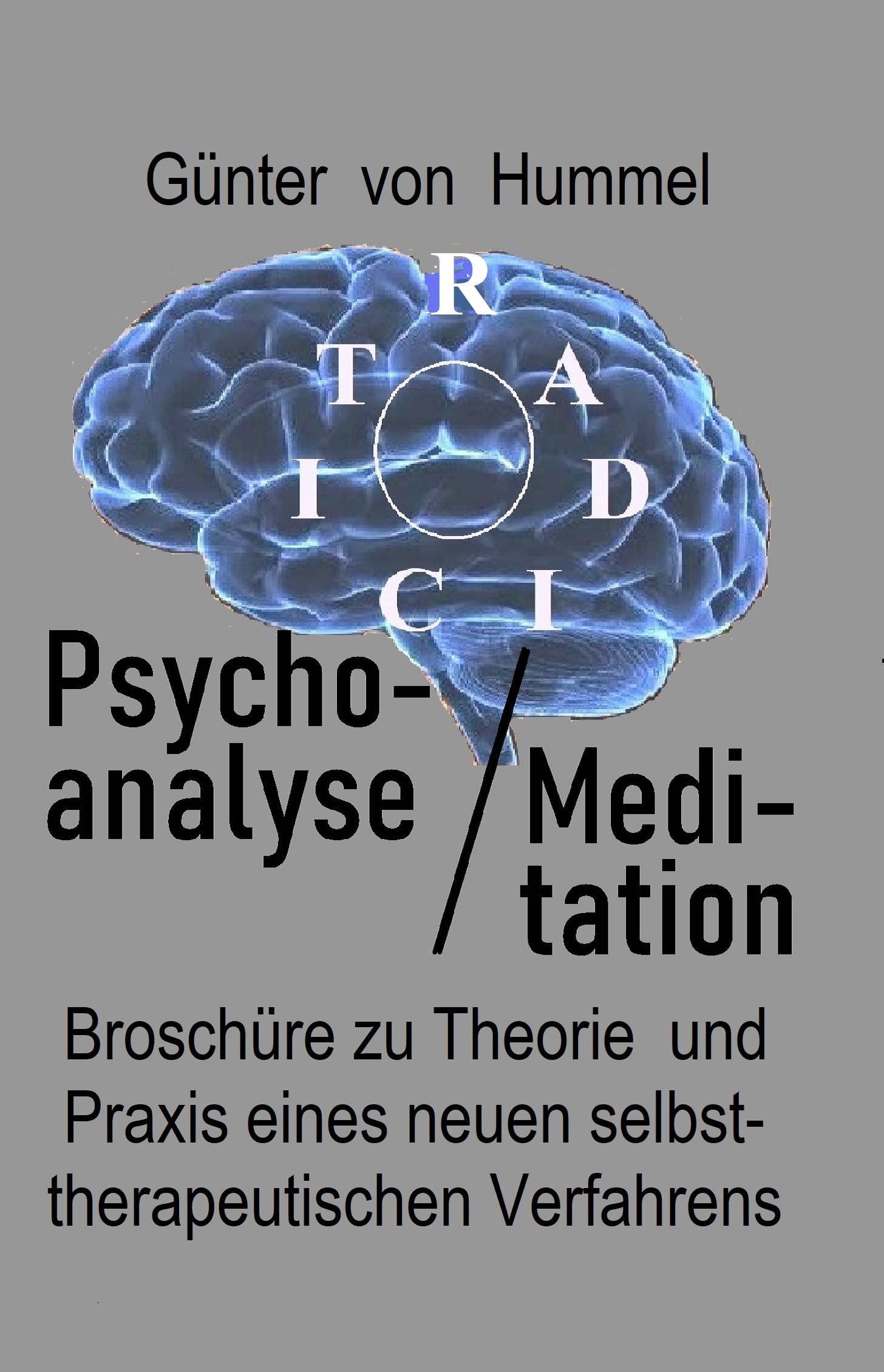Of course, Kirpal Singh's 'background' also included his physical parents, pious Sikhs, who were slightly well-to-do and who, together with the rural environment, could have represented Kirpal Singh's first 'light' and 'sound' experiences. A well-harboring family, robust health and a 'brightness in mother's eye' - as self-psychologist H. Kohut called this early 'light', or early mirroring scene - may have contributed to the creation of his good 'background'1. But in Kirpal Singh's teaching, all of these are regarded as 'karmic' aspects, singular perspectives of a vast causal connectivity in the sense of reincarnation. This theory exists in the beginnings of many religions and also in Vedian Brahmanism, ancient Indian Yoga. The idea of reincarnation is even found in Christ's death and resurrection. Well, the term reincarnation is just a mythical expression for deeply rooted unconscious complexes similar in connotation as are found in psychoanalysis. In the latter, multi-layered shame and guilt complexes play a major role.2 We can add to these - just by studying Kirpal Singh's life and teachings - complexes of perception and self-experience in order to denominate such a rich collection of primal causes as would be - namely in a unscientific form - included in a widely elaborated reincarnation theory as well as in most forms of Yoga 3.
1 Kohut, H., Narzissmus, Suhrkamp (1973) page 141. There the author demonstrates, that not only is childlike delight reflected ('light'), but a mother may also apply statements ('sound') to guide a child's self-esteem into a 'realistic direction'.
2 Freud spoke of unconscious feelings of guilt. But, 'unconscious' here is contradictory when connected to feelings. You might rather speak of 'guilt anxiety', which is only unconscious, and of 'shame drive', which as well an unconscious, almost reactive type of shame to drive impulses. Everyone deals with such unconscious complexes.
3 R. Hummel has discussed detailed theological and philosophic aspects in his book "Reincarnation" (Herder, 1999). In summary one can say, that even he conceptualizes the idea of reincarnation as the "eternal life before death" than in reverse order. So, reincarnation is understood as an opportunity to be answerable to a higher principle through an "eternal" purification process (i.e. as in Yoga).


